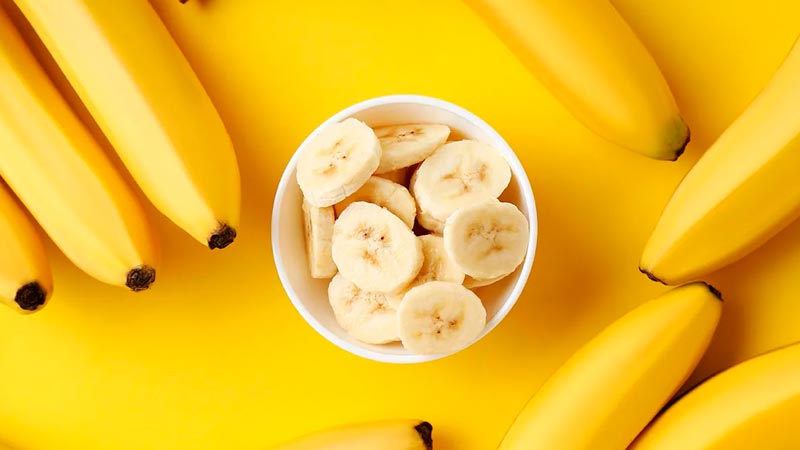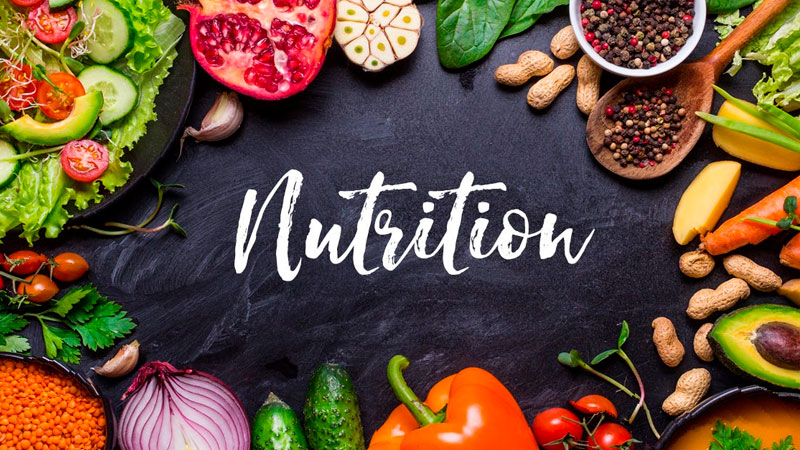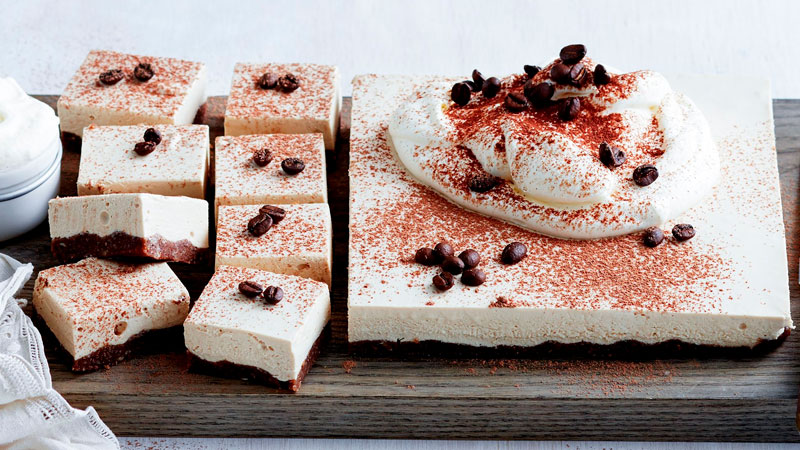Bananas are a popular fruit that are enjoyed by many people worldwide. They are not only delicious but also a great source of nutrients such as vitamin C, potassium, and fiber.
Table of Contents
However, for those who are watching their calorie intake, the question of how many calories are in a banana may come to mind.
The answer to this question depends on the size of the banana. On average, a medium-sized banana contains around 105 calories. However, smaller bananas may have fewer calories, while larger bananas may have more. It is important to note that the number of calories in a banana can also vary depending on how it is prepared. For example, a banana that is fried or coated in sugar will have more calories than a plain, fresh banana.
Caloric Content of a Banana
Bananas are a popular fruit that is known for its sweet taste and high nutritional value. They are a great source of fiber, vitamins, and minerals. But how many calories are in a banana?
A medium-sized banana typically contains around 105 calories. However, the exact number of calories can vary depending on the size of the banana. A small banana may have around 90 calories, while a large banana can have up to 135 calories.
It is important to note that the caloric content of a banana can also vary depending on how it is prepared. For example, a banana that is mashed or blended into a smoothie may have a higher caloric content than a whole banana due to the added ingredients.
Despite their relatively low calorie count, bananas are a great option for those looking to maintain a healthy diet. They are a good source of energy and can help keep you feeling full for longer periods of time. Additionally, bananas are packed with nutrients that can benefit your overall health.
In summary, a medium-sized banana contains around 105 calories and can vary depending on the size of the banana and how it is prepared. Despite their relatively low calorie count, bananas are a great option for those looking to maintain a healthy diet.
Nutritional Value of Banana
Table with the nutritional value of a medium banana (126g):
| Nutrient | Amount | % Daily Value* |
|---|---|---|
| Calories | 110 | |
| Carbohydrates | 30g | 10% |
| Sugars | 19g | |
| Fiber | 3g | 12% |
| Protein | 1g | |
| Fat | 0g | |
| Potassium | 450mg | 15% |
| Vitamin C | 10% | |
| Vitamin B6 | 20% |
Please note that the % Daily Value is based on a 2000 calorie per day diet, which may vary depending on your individual needs.
Factors Affecting Caloric Content
Size of the Banana
The size of the banana is one of the factors that affects its caloric content. A medium-sized banana that is around 7 to 8 inches in length contains approximately 105 calories. However, larger bananas that are around 9 to 10 inches in length can contain up to 135 calories, while smaller bananas that are around 6 inches in length can contain as little as 90 calories.
Ripeness of the Banana
The ripeness of the banana is another factor that affects its caloric content. A ripe banana that is yellow with brown spots is higher in calories compared to an unripe banana that is mostly green. This is because as the banana ripens, the starch in it converts into sugar, which increases its caloric content.
Additionally, overripe bananas that are mostly brown and mushy have a higher caloric content than ripe bananas. This is because the sugar in overripe bananas is more concentrated, making them sweeter and more caloric.
In summary, the size and ripeness of the banana are two factors that affect its caloric content. A medium-sized ripe banana contains approximately 105 calories, while larger and overripe bananas can contain more calories.
Comparison with Other Fruits
Bananas are a popular fruit that is often consumed as a snack or used as an ingredient in various dishes. They are known for their sweet taste, soft texture, and high nutritional value. However, how do bananas compare to other fruits in terms of calories and other nutrients?
When it comes to calories, bananas are relatively low in comparison to other fruits. For example, one medium-sized banana contains around 105 calories, while an apple contains around 95 calories, and a pear contains around 100 calories. However, it is essential to note that the calorie content of fruits can vary depending on their size, ripeness, and other factors.
In terms of nutrient content, bananas are an excellent source of potassium, vitamin C, and vitamin B6. However, they are relatively low in other essential nutrients such as vitamin A, calcium, and iron. In comparison, fruits such as oranges, kiwis, and strawberries are high in vitamin C, while fruits such as peaches and apricots are high in vitamin A.
Overall, while bananas are a nutritious fruit, they are not the most nutrient-dense option available. However, they are still an excellent choice for a healthy snack or ingredient in various dishes.
Health Benefits of Eating Bananas
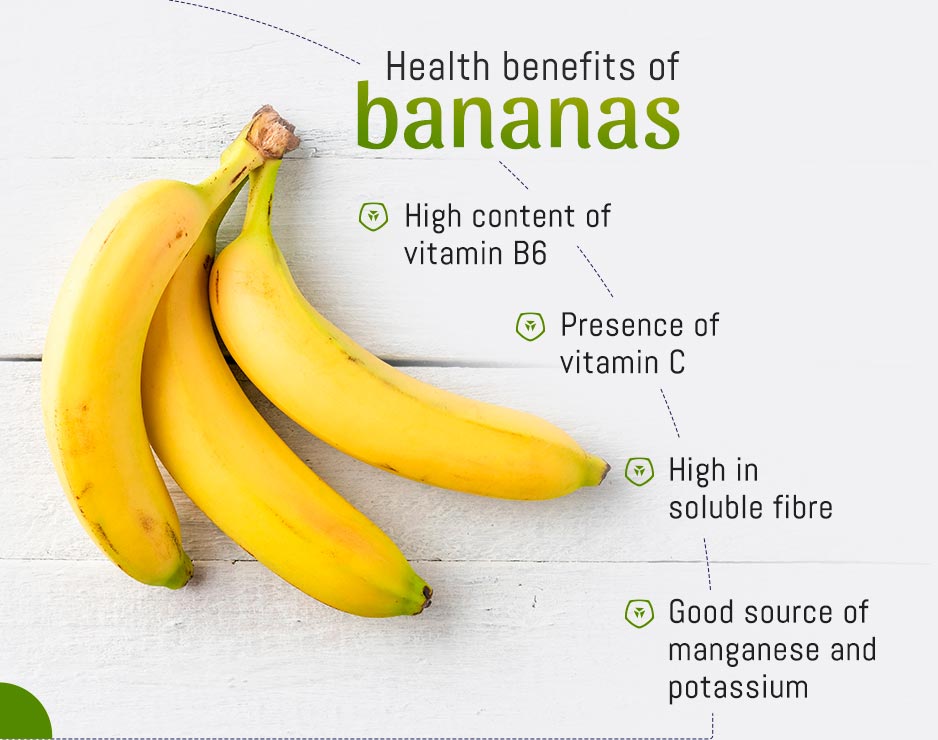
Bananas are not only delicious but also packed with nutrients that provide several health benefits. Here are some of the health benefits of eating bananas:
1. Rich in Nutrients
Bananas are a great source of several essential nutrients, including potassium, vitamin C, vitamin B6, and dietary fiber. One medium-sized banana contains about 105 calories, 27 grams of carbohydrates, 3 grams of fiber, and 1 gram of protein.
- Potassium: Essential for muscle function, heart health, and fluid balance in the body.
- Vitamin C: An antioxidant that aids in skin health, immune system, and iron absorption.
- Vitamin B6: Important for brain health and nervous system function.
- Fiber: Aids in digestion and maintains gastrointestinal tract health.
2. May Improve Digestive Health
Bananas contain dietary fiber, which helps regulate bowel movements and prevent constipation. They also contain prebiotics, which promote the growth of beneficial gut bacteria and improve digestive health.
3. May Support Heart Health
Potassium, an essential mineral found in bananas, plays a crucial role in maintaining heart health. It helps regulate blood pressure, reduce the risk of stroke, and support overall cardiovascular health.
4. May Boost Exercise Performance
Bananas are a great source of carbohydrates, which provide energy for exercise. They also contain vitamin B6, which helps reduce inflammation and muscle soreness after exercise.
5. May Improve Mood and Reduce Stress
Bananas contain tryptophan, an amino acid that helps the body produce serotonin, a neurotransmitter that regulates mood. They also contain vitamin B6, which helps reduce stress and improve mood.
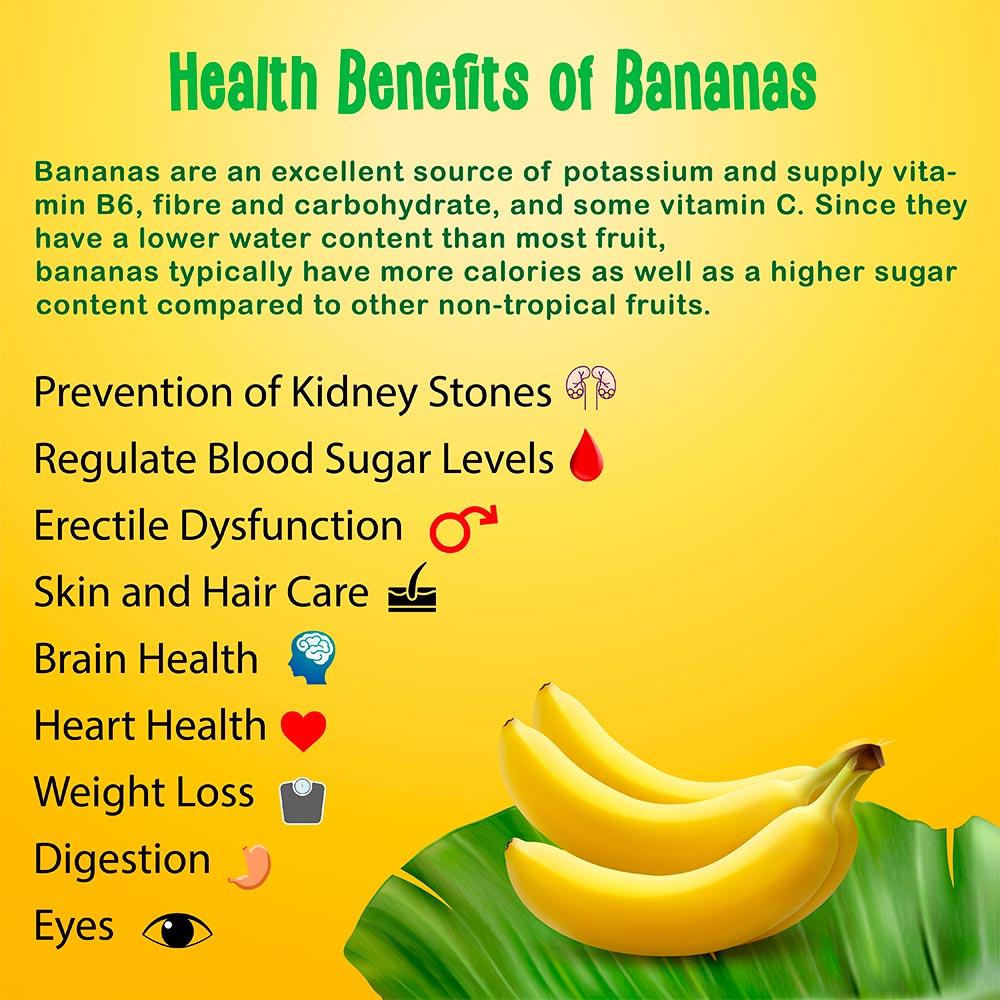
Overall, bananas are a nutritious and delicious fruit that provides several health benefits. Adding them to your diet can help improve digestive health, support heart health, boost exercise performance, and improve mood.
Misconceptions About Banana Calories
Bananas are often considered a healthy and low-calorie snack option due to their high nutrient content and natural sweetness. However, there are some common misconceptions about the number of calories in a banana that need to be addressed.
1. All Bananas Have the Same Number of Calories
One of the most common misconceptions about banana calories is that all bananas have the same number of calories. In reality, the number of calories in a banana can vary depending on its size and ripeness. A small banana that is less ripe will have fewer calories than a large, ripe banana.
2. Bananas Are High in Calories
Another common misconception is that bananas are high in calories. While bananas do contain natural sugars, they are still considered a low-calorie food. A medium-sized banana contains around 105 calories, making it a great snack option for those watching their calorie intake.
3. Eating Bananas Will Make You Gain Weight
Some people avoid eating bananas because they believe that they will make them gain weight. However, this is not necessarily true. Bananas can be a healthy addition to a balanced diet and can even aid in weight loss when consumed in moderation.
4. Eating Only Bananas Will Help You Lose Weight
There is a popular diet trend that involves eating only bananas for a certain period of time in order to lose weight. However, this is not a healthy or sustainable way to lose weight. Eating only bananas can lead to nutrient deficiencies and may even cause weight gain in the long run.
In summary, bananas are a healthy and low-calorie snack option that can be enjoyed in moderation as part of a balanced diet. It is important to understand the true number of calories in a banana and to avoid falling for common misconceptions.
Summary
Bananas are a popular fruit that is enjoyed by many people around the world. They are a great source of nutrition and can provide a variety of health benefits. One of the most common questions people have about bananas is how many calories they contain.
On average, a medium-sized banana contains around 105 calories. However, the exact number of calories can vary depending on the size of the banana. Larger bananas can have up to 135 calories, while smaller bananas may have as few as 75 calories.
Despite their relatively low calorie count, bananas are also a good source of fiber, potassium, vitamin C, and other important nutrients. They are a great snack option for people who are looking for a healthy and filling snack.
It's important to note that the calorie count of a banana can be affected by how it is prepared or consumed. For example, a banana that is mashed and used in baking may have a higher calorie count than a whole banana that is eaten raw. Additionally, adding toppings like peanut butter or honey can also increase the calorie count.
Overall, bananas are a great addition to a healthy and balanced diet. They are low in calories, high in nutrients, and can be enjoyed in a variety of ways.
Eat well, live better!
